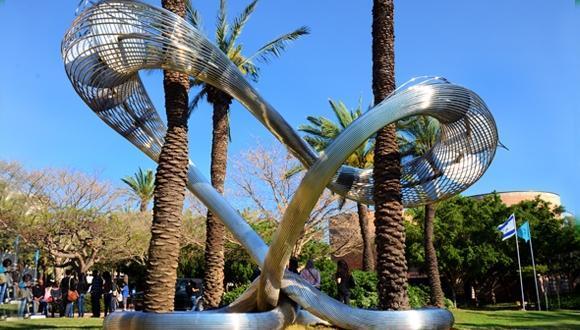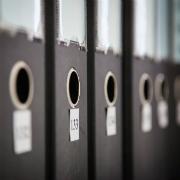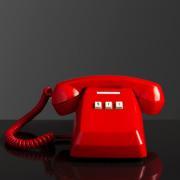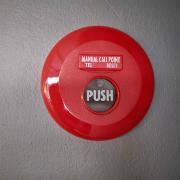Safety Procedures
Electrical safety in laboratories
- Before using any electrical appliance, study the instructions for switching it on and off. Make sure you know where the emergency switch is located and how to use it in the event of electrical injury or another mishap.
- Relate to any electrical cable as if it is “live” (has an electrical current).
- It is prohibited to perform any change or repair to an appliance, to electrical equipment or to the laboratory's electricity supply. If it is discovered that an appliance, plug or any part of the electrical system is damaged, do not use it and inform the instructor (in the students’ laboratories) or the Building and Maintenance Department immediately.
- Do not operate or touch an electrical appliance, apparatus, cable or plug with wet hands. If the appliance or the surrounding area are wet, inform the instructor immediately.
- If the area surrounding an electrical appliance or system becomes wet from a flammable liquid, this may cause a fire.
- In the event of spillage of a flammable liquid, keep people distant and inform the instructor immediately. Do not switch electrical switches on or off in the area of a flammable spillage or outbreak of flammable gases.
- At the end of work, disconnect the appliances from the electricity, according to the order determined by the instructor.
Use of an electric heater
- Use of an electric heater within the University will take place only in coordination with the electrical department of the building and maintenance department and after receiving permission from the suitable administrative level.
- An electric heater may only be brought into use after a qualified electrician confirms that the heater is in sound condition and suitable for the grid. Use only a power socket that has been approved. Ensure that the power line receives its supply though a residual-current device (trip switch).
- The heater must be suitable for its purpose and have an Israeli Standards Institute mark.
- Do not use a heater with an exposed heating element. It is recommended to use a fixed electrical oil radiator or convection heater.
- The heater must be equipped with a standard plug and supplied from a fixed (wall) power socket only. Do not use multiple sockets and/or extension cords.
- The heater must be positioned in a dry place distant from a source of damp or from flammable materials.
- The heater must be periodically inspected by a qualified electrician in order to ensure that it, the cable and plug are in sound condition.
- The heater will be positioned so that the electrical cable, of a length no more than 2 m, does not obstruct movement.
- The heater is intended for heating air only. Do not use it to warm clothes, heat food, make toast, etc.
- To disconnect the heater from the socket, pull the plug, not the cable. If necessary, hold the socket at the same time, so that it is not pulled out of the wall.
- Switch off the heater when you leave the room. Do not leave a heater switched on and unattended.
Explore Safety Unit
Quick Links
Safety websites in Israel
Safety websites worldwide
Full list of links
Safety videos





